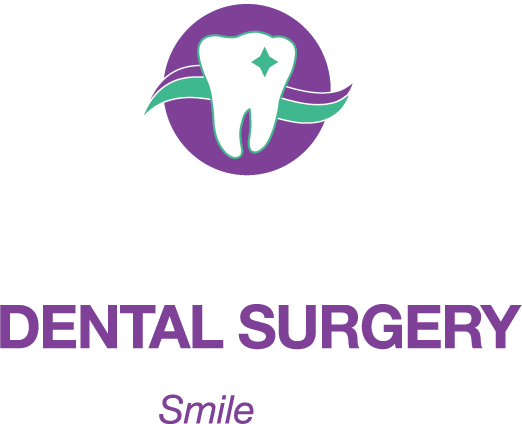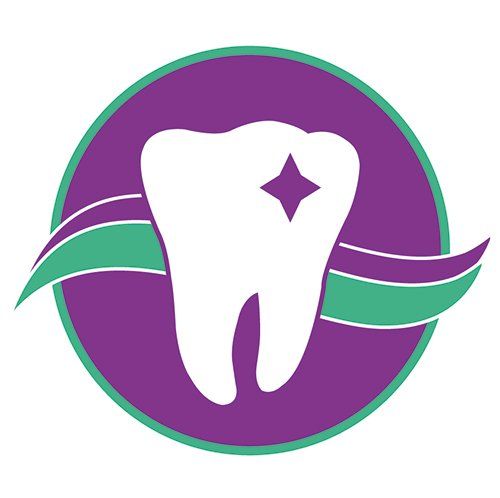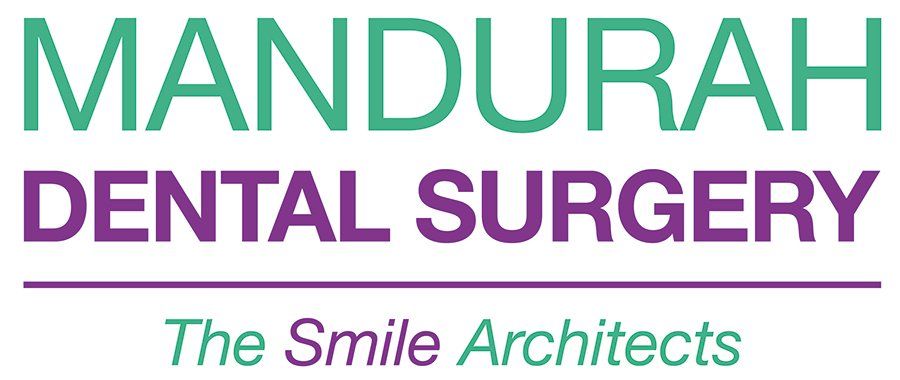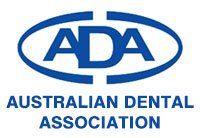The Importance of Dental Care in Kids
- By Robyn Ward
- •
- 07 Nov, 2022
- •
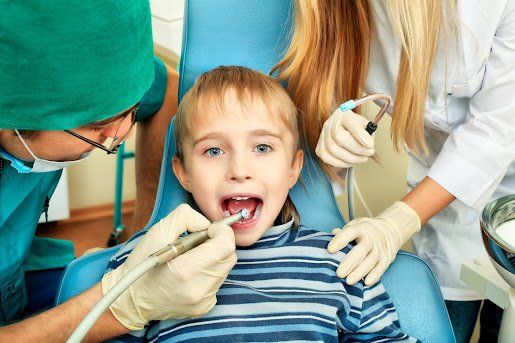
Dental health is essential for children, just like adults. However, some of the main problems that affect adults are easier to rectify when they occur in children. The child's jaw, teeth and gum are in the early stages and require monitoring to minimise the likelihood of different dental problems extending into adulthood. Hence, maintain regular dental care appointments.
Regular dental appointments help your child appreciate the essence of visiting a dentist, even in adulthood. The dentist is also an essential source of information regarding dental health, diet and the child's well-being. Read on to learn about the importance of seeking dental health care for your child.
Preventing tooth decay
Children love candy and other sweet carbohydrates, which can easily cause tooth decay. Tooth decay is expensive and often painful to treat if it escalates. This issue can also cause tooth loss at an early age. Tooth decay and related problems can escalate to life-threatening problems, but prompt intervention can help ensure your child's safety.
Paediatric dental care helps prevent tooth decay from escalating by clearing out the decayed part and replacing it with a filling. These restorations promote the health of the decayed tooth and prevent tooth loss. Constant visits to the dentist also help you and your child learn about the diet, habits and decisions essential to preventing tooth decay.
Solving dental emergencies
Some accidents impact the oral health of your child in different ways. For example, a child can fall down, hurt their gums or chip a tooth. Chipped teeth are not an immediate threat unless the child is in pain. You may also notice other signs, such as swollen and tender gums or fever after an accident.
Such dental emergencies require immediate attention from a dentist. The dentist helps treat the gum and prevent infections. You may also consider fillings, root canals, a new crown or other methods that can help restore the teeth, especially the permanent ones. The dentist can also recommend various protective equipment for your child to wear during sports to prevent injuries.
Minimising tooth extraction issues
Dentists may recommend the extraction of milk teeth whenever there is a risk of infection or if the child has an accident that causes oral trauma. If the child loses the teeth for such reasons, you should maintain the spacing until the permanent teeth grow. Hence, dentists use a space maintainer to ensure that the permanent tooth has enough space to grow without causing issues.
Extracting milk teeth can also be stressful for the child and parent. Some of the common complications include infection, excessive bleeding and gum injuries. For example, the child can experience neck pain due to complications after losing a tooth. In such a scenario, you can have a dentist examine the child and determine a viable solution.
Preventing misalignment of teeth
Teeth misalignment can be an inherited trait. However, thumb sucking or extended use of baby bottles and pacifiers can cause misalignment of teeth. Early loss of milk teeth can also cause misalignment of permanent teeth. Apart from the aesthetic issues, the child is also at risk of gum disease and cavities when the teeth are not correctly aligned.
Paediatric dental care helps rectify teeth misalignment through dental splints, restorations and palate expanders. The dentist can also recommend tooth extraction in some cases. Early intervention makes it easy to fix the issue as the child's jaw grows. Once the child achieves the right age, the dentist can use braces to correct the teeth.
You can ensure your child has excellent oral health throughout their life by seeking the assistance of a dentist at an early age. At Mandurah Dental Surgery, we provide paediatric dental care and treat various oral conditions and emergencies. We pride ourselves on ensuring kids enjoy their childhood without the stresses of oral diseases.

What are dental implants?
Dental implantsare basically permanent tooth replacement that can function the same as an actual tooth.
Dental Implants are especially beneficial for many reasons. Instead of a restoration that simply sits on top of the gum line, an implant actually replaces the tooth’s root for a secure, permanent replacement option.
Advantages of a dental implant:
- Looks and functions like a natural tooth
- Doesn’t rely on adjacent teeth for support
- No slipping
- Improved chewing and speaking ability
- No extra maintenance
- Permanent tooth replacement
Implants are a longer-term solution compared to a dental plate. Dental plates can lose their shape and stability and require replacing every 5-10 years. Implants however sit in place and don’t lose their shape or strength and can last from 10-30 years.
How is an implant inserted?
This is a straightforward procedure where the dentist inserts a tiny dental screw into the jawbone where the missing teeth used to be. Once the bone and gum has healed, you insert the crowned tooth that matches the shape and shade of the existing teeth.
After-care requirements include regular active maintenance visits for continuous care of the implant and existing teeth.
Dental implantscan be used as a single tooth Implant or to anchor dentures, depending on the needs and goals of the patient. If you would like more information about implants and how they can improve your oral function please contact us today .Follow Us
